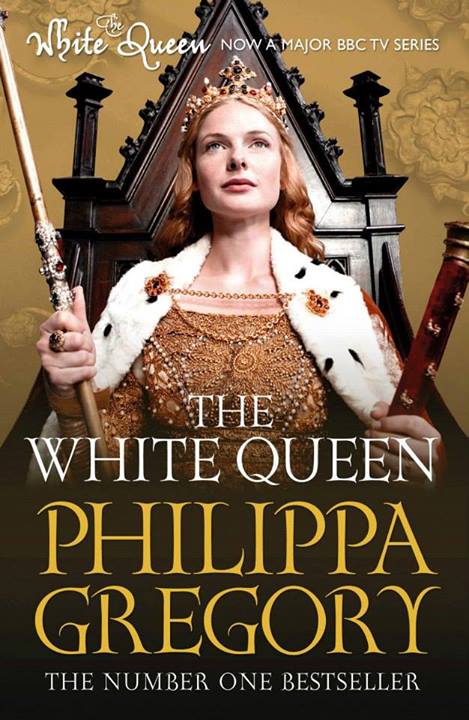This is a book of essays about 30 of the classic writings on Christian Spirituality over the centuries.
The Good
I want to read more classic devotional Christian books, but they don't appear in many libraries. There's a pretty good theological library near where I live, but they don't have Gregory the Great's Book of Pastoral Rule for example, and I'd like to get an idea of it before buying. This book is a good place to come to get an overview of quite a lot of material, and to get some ideas for things I might like to explore further.
It's also encouraging (and slightly amusing) to see how they pick out the good in things. For example, when discussing one of Kierkegaard's nuttier books, they dwell on the fact that he has a powerful critique of busyness. I sometimes find it hard to pick out the good in things where there's a lot of bad; many of these authors seem to find it much easier.
The Odd
The selection of writings they use is slightly odd. At times they seem to be going overboard to be diverse (including Mechthild of Magdeberg, presumably because she was a woman), but in other ways they are spectacularly undiverse. I did a quick tally of authors included by location (and later denomination).
100-451: Western Roman 1; Eastern Roman 3 (all Turkey / Egypt)
451-1054: Western Roman 2; Eastern Roman 1
1054-1517: Western Roman 7; Eastern Roman 1
1517-2000: European Catholic 6; European Protestant 5; US Protestant 2; US Catholic 1; Eastern Orthodox 1
There are only two books from further East than Alexandria, nothing from further south than Hippo. There's nothing from the Puritans or Anabaptists; the only vaguely evangelical ones are Luther, Edwards and Bonhoeffer. Utterly bizarrely, they pick one book from Britain in period the 1500-1700, and it's George Herbert's The Country Parson, which is about how to be a vicar in a way that leads to burnout and premature death. If you're going to pick Herbert over Cranmer, Hooker, Jewel, Andrewes, Bunyan, Perkins, Sibbes, Baxter, Owen, Donne, at least pick The Temple, which is more devotional...
Without giving it too much thought, I'd probably want to drop Mechthild, Marguerite Porete, George Herbert, Soren Kierkegaard and Evelyn Underhill and bring in Ephrem the Syrian, Bunyan, CS Lewis, and perhaps a South American and a Korean.
The Bad
What almost ruined the book for me is that most of the authors seem to be writing from the point of view of liberal imperialism rather than trying to understand the authors on their own terms - they assume a Hickean universalism and don't let the works they are describing critique it. For example, they criticise Bernard of Clairvaux for saying that the good news about Jesus leads to a greater love for God than any other system; they suggest that Jonathan Edwards' Religious Affections could apply to other religions without even mentioning that a key component is that spiritual experiences which are from God always drive us to Jesus.
Overall, I did find it an interesting read, and a helpful one. In some of the chapters, I even found the ancient authors speaking to me, even through the medium of an unsympathetic author. But this is an academic book, not a Christian one.


